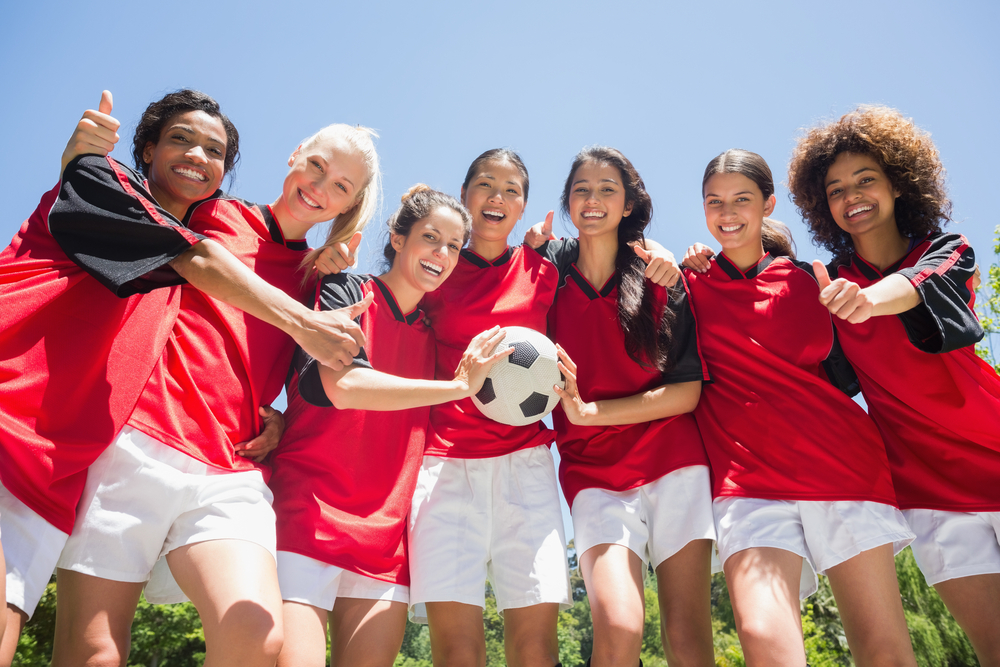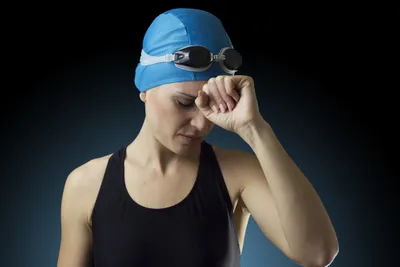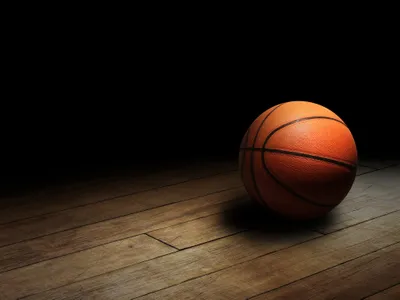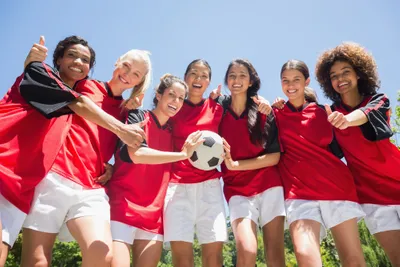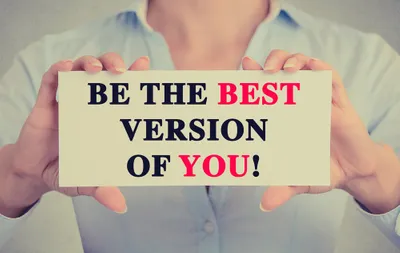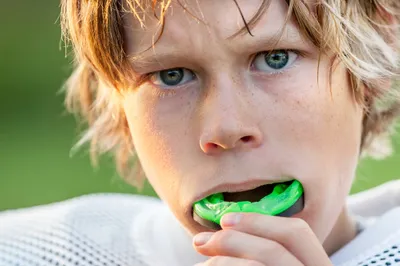There is a lot of evidence out there against playing sports, from getting bruised to suffering concussions, but like any intense physical activity, there are assumed risks.
What are often overlooked are the reasons you should play sports. The Huffington Post supports sports for reasons other than the fitness benefits—because sports are a social activity, they teach children how to interact with others. Here are six reasons to find the shin pads and cleats and get out there…
1. Sports Teach you to Deal with Difficult People
In the Post’s 2015 article in support of sports, it mentions that one of the big benefits is learning to handle hard individuals. The article compares dealing with tough coaches and uncooperative teammates to dealing with bosses and coworkers later in life.
By playing a team sport, you can learn how to succeed even when you don’t get to pick all the people around you, which will happen when you land a new job. Unless of course, you’re the CEO and can pick who’s on your team…
2. Sports Help you Deal with Disappointment
Playing sports means there’s a winner and a loser (except in some youth leagues which have abolished keeping score). Like any situation in life, things will not always go your way, but while that’s inevitable, you can still control how you react to it.
Minnesota State University penned an article in 2011 that says moping after a loss is a waste of physical and mental energy. It notes the best athletes still fail, but use failure to motivate them to succeed the next try. It says if you’re disappointed, limit the time you’re allowed to feel that way (no longer than 24 hours) or losing can end up being demotivating instead.
3. Fast Action Helps Build Hand-Eye Coordination
While sit-ups and pushups can have similar cardiovascular benefits as playing a sport, there’s one thing they don’t have in common—hand-eye coordination. Many sports require you to track an object or be aware of your surroundings to avoid obstacles.
Experts have also noted that building hand-eye coordination can also help improve your eyesight by strengthening your eyes. Ranking high on the list of sports that will build coordination are racquet sports (tennis, badminton, squash), baseball, and hockey.
4. Sports Bring People Together
Just like helping you to deal with difficult people, sports also have a way of bringing like-minded people together to achieve a common goal. Instant friendships can be made by playing sports, and the thrill of winning together is an unmatched feeling.
The Palo Alto Medical Foundation in California said that sports bring people together that may not have bonded otherwise. The foundation notes that for teens, it’s a great way to bond with students from different backgrounds, and it even helps teenagers to bond with family that are cheering from the sidelines.
5. Striving to Succeed Builds Self-Esteem
Self-esteem, especially in youth, can be a fickle thing—and without any stimulation, teenagers can become withdrawn and have feelings of not being good enough. When that happens, some people just flat out stop trying.
When you’re playing sports, you have the encouragement of your teammates, even if you’re on a losing streak. Pushing yourself will expand your limits beyond where you thought you reach, notes a 2011 blog post on Huffington Post. When you exceed your expectations, even if you don’t win, you remind yourself you have vast potential.
6. Play is Good for the Body and Mind
There are many health benefits to playing sports (safely), notes the Palo Alto Medical Foundation. Not only can it change your mindset about which foods will deliver the most nutrition to boost your game, playing sports regularly will help build stamina and flexibility.
The Better Health Channel (from the government of Victoria state, Australia) said sports reduce obesity and tension in children, encourage healthy bone and muscle growth, as well as improve social skills and even sleep habits. Just remember to wear your protective gear including mouth guards, reminds the Better Health Channel.
